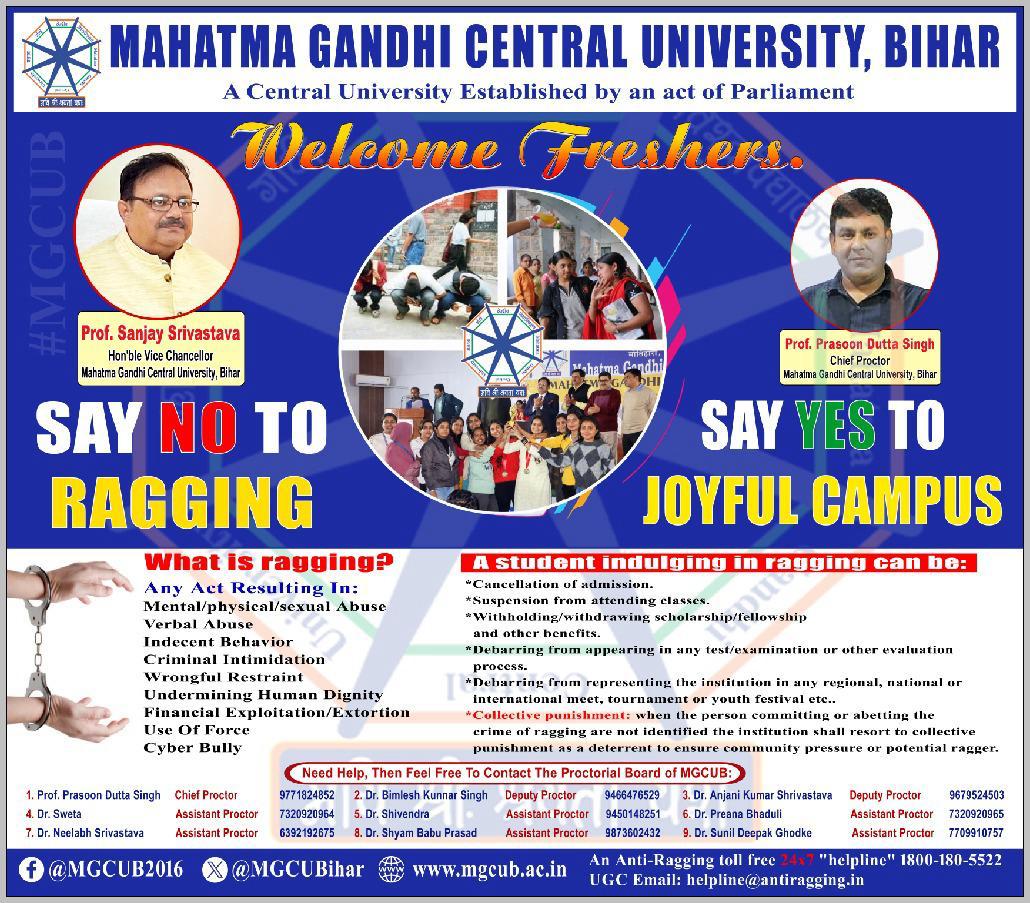 |
Recruitment
|
Recruitment  |
IQAC |
Cells & Committees |
eResources |
e-Tender |
RTI |
Archives |
Alumni |
Downloads |
Contact Us |
Old Website |
Login
|
IQAC |
Cells & Committees |
eResources |
e-Tender |
RTI |
Archives |
Alumni |
Downloads |
Contact Us |
Old Website |
Login
Methodology
Methodology
The University's Universal Human Values (UHV) methodology is an explorational, self-directed process of understanding and living in harmony at all levels of existence within the university — from the individual to society and nature. A self-reflective teaching methodology is adopted, which facilitates understanding through self-exploration. The dialogue begins between faculty, university staff, and students, opening space for students to explore their role (value) in all aspects of living freedom as an individual, as a member of the university, as part of society, and as part of nature. Through this process of self-exploration, students discover values intrinsic to themselves. It is not about receiving external information but about discovering inner truth through self-enquiry and natural acceptance. The process involves continuous internal dialogue and validation of proposals against one's own experience to achieve mutual fulfilment, happiness, and prosperity.
Core Methodology
- Self-exploration: Instead of accepting information, individuals explore proposals about reality and their own lives.
- Natural acceptance: The process relies on one's inherent inner sense of what is right and valuable, distinct from externally imposed beliefs.
- Self-verification: Proposals are verified by comparing them with one's natural acceptance and through experiential validation to check if they lead to happiness and prosperity.
- Internal dialogue: The methodology involves an inner dialogue, questioning desires, thoughts, and expectations to achieve harmony between feelings and natural acceptance.
- Holistic understanding: The aim is to systematically study harmony from the individual to family, society, and nature/existence.
- Self-evolution: The process leads to inner transformation, increased self-confidence, and a commitment to live in accordance with the discovered right understanding.



